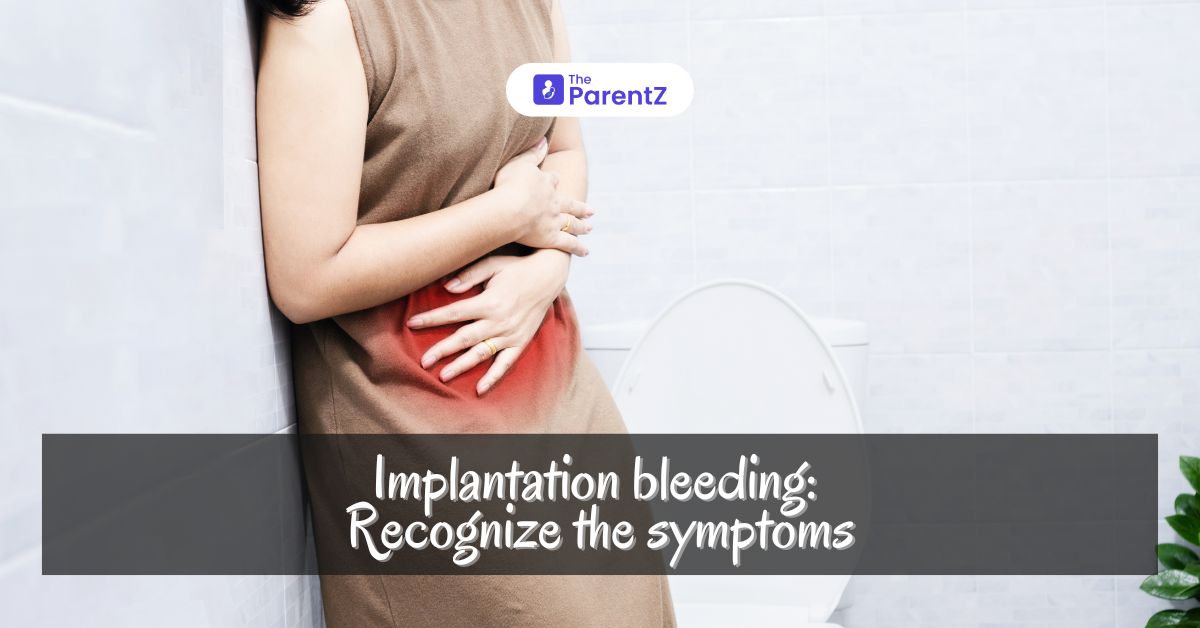Most women might not be familiar with implantation bleeding. However, it is an important phase, typically during the early stages of pregnancy. Some might even confuse it with vaginal bleeding, which is not the same. Therefore, it is important to understand and recognize the symptoms and the reason why it occurs.
Implantation Bleeding: An Overview
Implantation bleeding usually occurs when the fertilized egg attaches itself to the uterus lining. It generally takes about 6–12 days after conception. It is estimated that nearly 15-20 percent of women notice slight spotting during early pregnancy.
Symptoms of Implantation Bleeding
Here are a few symptoms that you can identify to differentiate it from menstrual bleeding.
- Implantation bleeding is typically much lighter than a normal period. It comes with light spots instead of heavy flow. Besides, the color ranges from pink to brown, compared to the red color of menstrual bleeding.
- It lasts for a short period, usually about a few hours to 2 days compared to a regular period.
- It occurs at least a week before your next period. So, if you notice bleeding after 6–12 days of ovulation, it might be implantation bleeding.
- Mild cramping, which is less intense than menstruation pain.
How To Differentiate Implantation Bleeding From Other Forms?
It is quite common to confuse implantation bleeding with menstruation or vaginal bleeding. Here’s how you can differentiate them:.
- Menstruation lasts longer (about 3–7 days) than implantation bleeding. Furthermore, a regular period can often be accompanied by bloating and fatigue.
- Vaginal bleeding is caused by factors such as infections, hormonal changes, or underlying health issues and is accompanied by persistent and heavy bleeding and severe pain.
Should You Take A Pregnancy Test?
If you suspect implantation bleeding, you might ask when you should consider taking a pregnancy test. It is best to take the pregnancy test after a missed period because implantation bleeding occurs a week before your expected period.
While implantation bleeding is not a cause for concern, it is important to consult a doctor in case you notice heavy and persistent bleeding accompanied by worsening pain.





Be the first one to comment on this story.